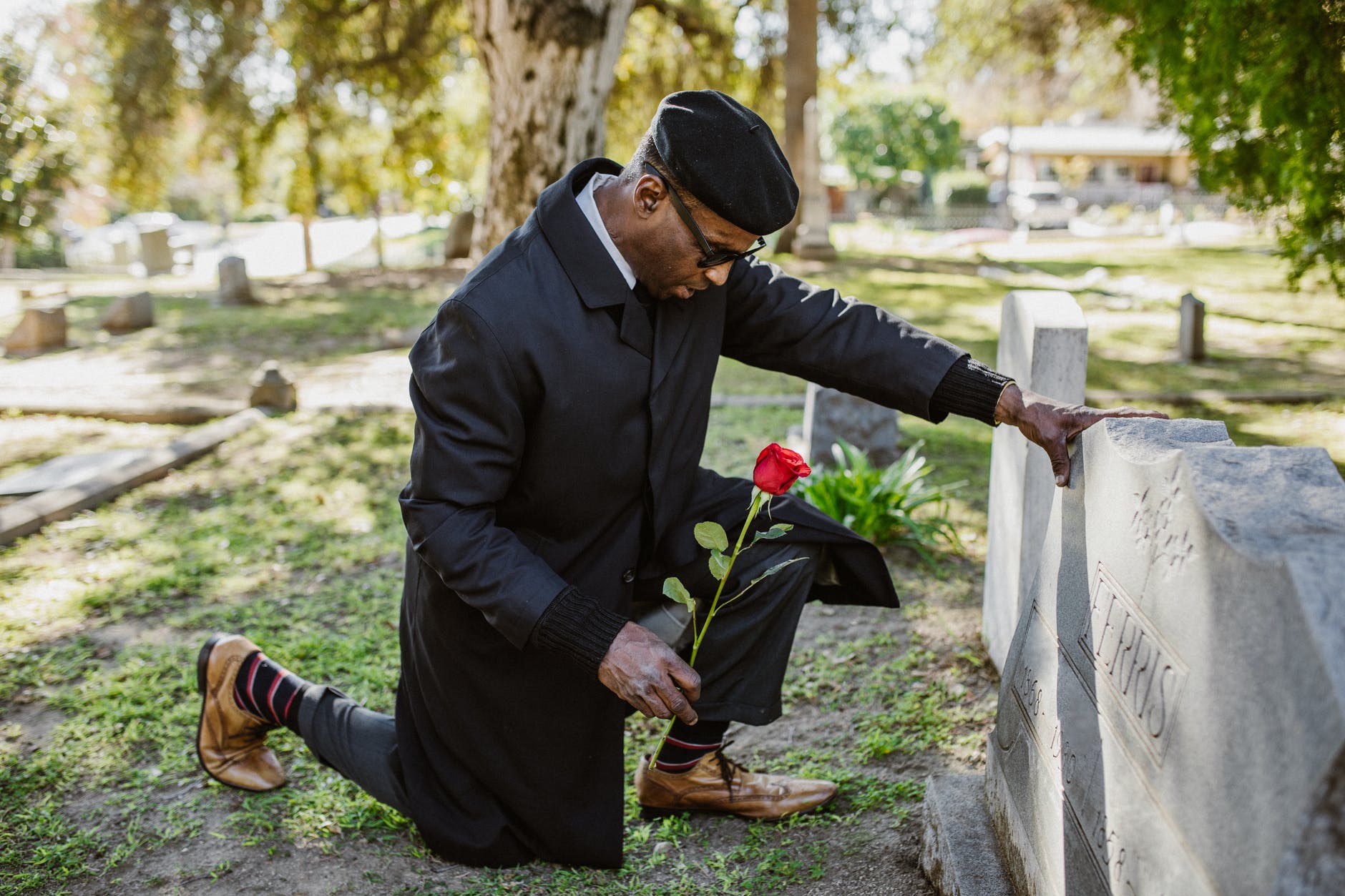Research published by University of Florida scientists in Frontiers in Medicine reported that patients (aged 18-65) who recovered from severe COVID-19 infection were 233% more likely to die within 12 months than COVID-19-negative counterparts.
Methodology
The study analyzed 13,638 patients in the University of Florida Health system over a 12-month period, including positive (mild, severe) and negative cases. A severe case was defined as one requiring hospitalization within 30 days of a positive COVID-19 test. The 12-month risk of mortality was adjusted for age, sex, race, and comorbidities–meaning these factors did not affect the data.
Results

Patients aged 18 to 65 who recovered from an initial episode of severe COVID-19 had a 233% increased incidence of mortality in a 12-month period compared to negative counterparts. Recovered patients aged over 65 also had increased mortality compared to negative counterparts, but to a lesser extent.
The difference in 12-month mortality between COVID-negative and mild COVID patients was not statistically significant.
Only 20% of the deaths in the 12-month period were attributed to cardiovascular or respiratory conditions.
Discussion
These results show that those who recover from severe COVID-19 infections are much more likely to die within 12 months of recovery compared to those with mild or no infection. This reveals that the increased risk of death from COVID-19 is not limited to the initial episode of infection, indicating that the biological and physiological insult from severe infection is significant. This is further demonstrated by the unexpectedly low portion of deaths caused by cardiovascular or respiratory conditions.
Arch G. Mainous III, Ph.D., first author of the study and University of Florida College of Medicine faculty member, said in a statement to the University of Florida Health Newsroom that “patients may feel that if they are hospitalized and recover from COVID-19 then they have beaten COVID-19. Unfortunately, having a substantially increased [risk] of death in the next year after recovery from a severe episode of COVID-19 shows that this is not the case. Preventing severe COVID-19 should be our primary focus.”
The study mentions that nearly all hospitalizations and severe infections are preventable. Pfizer and Moderna’s COVID-19 vaccines prevent severe infection in more than 95% of cases.
Mainous hopes that the data, which he described as devastating, will “make everyone rethink the impact of COVID-19.”
References
- Katella, K. (2021, December 17). Comparing the COVID-19 vaccines: How are they different? Yale Medicine. https://www.yalemedicine.org/news/covid-19-vaccine-comparison
- Mainous, A. G., Rooks, B. J., Wu, V., & Orlando, F. A. (2021, December 1). COVID-19 post-acute sequelae among adults: 12 month mortality risk. Frontiers in Medicine. https://doi.org/10.3389/fmed.2021.778434
- Pease, J. (2021, December 1). Patients who recover from severe COVID-19 still have significant risk of death, UF study finds. University of Florida Health Newsroom. https://ufhealth.org/news/2021/patients-who-recover-severe-covid-19-still-have-significant-risk-death-uf-study-finds
Reed is a Health Science student and published virology researcher at the University of Florida. His areas of interest are immunology and general biomedical research. Reed founded OneResearch.org as a free online source to highlight biomedical research and combat medical disinformation.

5 replies on “Recovered Patients of Severe COVID-19 Infection 233% More Likely To Die Within Year Than Negative Counterparts”
Please find research related to deaths from the vaccine. Keep up the good work:)
Hi Jenna, thanks for reading.
The FDA requires healthcare providers to report any death after COVID-19 vaccination, even if it’s unclear whether the vaccine was the cause. Death following COVID-19 vaccination occurred in 10,688 of 469 million doses (0.0022%).
Because this rate is extremely low and likely includes many deaths not caused by vaccination, the COVID-19 vaccines are regarded by the CDC and FDA as being extremely safe. Contrary to what some believe, the COVID-19 vaccines have been under more scrutiny and monitoring by the CDC and FDA than any vaccine ever before.
COVID-19 vaccination prevents exponentially more deaths than it may have caused. It prevents serious illness in >95% of cases, reducing the risk of death from COVID-19 infection from 1.6% (in the United States) to a very miniscule rate.
According to The Commonwealth Fund, if the vaccine hadn’t been given, there would have been approximately 1.1 million additional COVID-19 deaths and more than 10.3 million additional COVID-19 hospitalizations in the U.S. by November 2021.
Also, many side effects that people associate with the vaccine are actually caused much more commonly by COVID-19 infection itself, and getting the vaccine will make it less likely for you to experience these side effects. You can read more about that here.
Thank you for reading OneResearch and staying informed. We really appreciate it!
Sources:
https://www.cdc.gov/coronavirus/2019-ncov/vaccines/safety/adverse-events.html
https://www.commonwealthfund.org/publications/issue-briefs/2021/dec/us-covid-19-vaccination-program-one-year-how-many-deaths-and
Was there a verifiable link as to cause of death? A common cause? Yes , you can have significant complications with disease i.e. strep infections and kidney and valvular heart problems.
How many had co-existing maladies? Did they succumb to there existing conditions?
Hi Richard, thanks for reading.
The study controlled for comorbidities per the Charlson Comorbidity Index, so the data should be adjusted for these factors you mentioned.
About 20% of the deaths were due to cardiovascular and respiratory causes. The other 80% were for any other reason.
The very strong correlation between severe cases and deaths compared to that of mild/negative cases and deaths (3.1x more likely for severe case recovered patients to die within year) suggests that “the biological and physiological insult from severe infection is significant,” according to the study.
Let me know if this clears things up.
I am curious if the ones who died within a year were vaccinated or unvaccinated? Is the 233% made up entirely of people who initially recovered and DID NOT get vaccinated or does it also include people who were vaccinated?